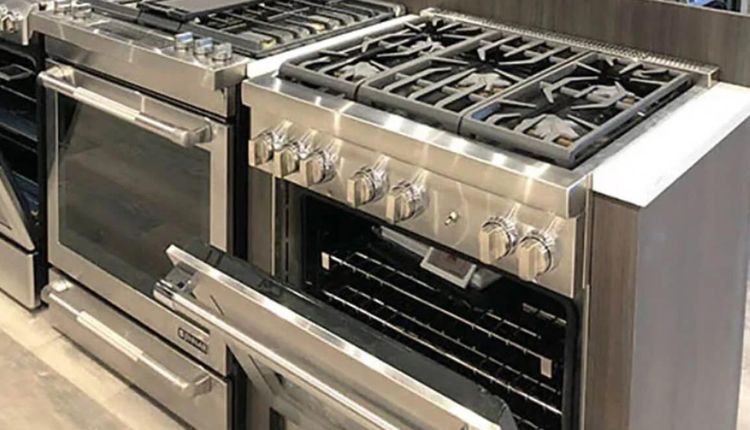Appliance extended warranties provide a safety net for home appliances when manufacturers’ warranties expire. However, they’re not for everyone and they’re not always worth the cost. Home warranty providers pair customers with authorized service technicians who specialize in their brand or type of appliance. They also offer a flat upfront fee, which is often more affordable than a monthly or annual premium.
Coverage
Many retailers sell appliance protection plans, also called appliance extended warranties or service agreements. These are typically offered to customers at the point of purchase and provided by third-party providers. They may offer different terms and conditions but most are similar in that they extend the manufacturer’s original warranty for a fee, often covering both parts and labor. Many warranties exclude certain types of repairs and may require that the customer follow specific maintenance schedules. These requirements may be inconvenient, particularly if the appliance is rarely used.
Purchasing an appliance extended warranty is a major decision, and it’s important to read the fine print carefully. If you are unsure, consider asking a sales associate for an explanation of the product’s coverage. They can help you determine whether or not a plan is worth the money. Alternatively, check your credit card benefits to see if they offer these plans as a standard benefit. They can save you time and money in the long run.
Exclusions
An appliance extended warranty can offer peace of mind for consumers who purchase expensive household appliances. These warranties cover the cost of repairs or replacement after the manufacturer’s standard warranty has expired, and many plans also include additional perks like 24/7 support and free appliance diagnostics. Depending on the specific appliance, some warranties may not cover all problems or may have many exclusions. Additionally, some warranty companies charge a service fee or deductible for each repair or replacement. This can significantly increase the overall cost of the extended warranty plan.
The decision to purchase an extended warranty depends on a number of factors, including the cost-benefit ratio and the appliance’s lifespan. Consumers should carefully review the warranty’s terms and conditions to determine if it is worth the investment. Additionally, homeowners should consider the quality of the appliance and how comfortable they are with potential out-of-pocket costs. A good rule of thumb is to always compare the cost-benefit ratio against other home warranty or insurance options.
Repairs
Many appliance extended warranty plans offer in-home service calls. This can be convenient if you’re having an issue with your appliance and need it fixed quickly, but the exact terms of the repair may vary by company. For example, the terms of a plan may stipulate that you must use specific maintenance providers to keep your appliances in good condition or that you cannot make repairs yourself. Some warranties also exclude certain types of failures, such as cosmetic items or broken belts. They can also require you to follow a strict maintenance schedule, which could void your coverage.
Buying an appliance protection plan can save you money on repair bills, but it’s important to consider whether it’s worth the cost. You can find alternative options for addressing expensive repair costs, such as purchasing your appliances with credit cards that provide extended manufacturer’s warranties or contributing a small amount of money each month to an emergency savings account that you can use for appliance repairs.
Replacements
Appliance warranty protection are a convenient and practical solution for consumers who need to safeguard their new appliances from costly repair bills. However, buyers should read the fine print carefully to avoid paying for unnecessary services or committing to inconvenient maintenance requirements. Typically, a manufacturer provides a one-year warranty with the purchase price of an appliance. This covers the cost to service, repair, or replace a product if it is defective.
Homeowners can also purchase an appliance extended warranty, a purchase protection plan, or a service contract to cover their new purchases for an additional period of time. Many warranties are available through retailers, while others are offered by third-party providers such as Assurant. Warranties vary in coverage terms, duration, and exclusions, so it is important to review all terms before making a decision. Some plans require a deductible, while others may have limitations on the number of covered repairs or replacements. Consumers should weigh these considerations against the cost of the warranty before deciding whether or not it is worth it.
Conclusion
An appliance extended warranty, also known as a service plan or home appliance insurance, is an optional coverage option that provides repairs beyond the manufacturer’s warranty. These warranties cost a flat up-front fee instead of monthly premiums and cover a range of appliances.












